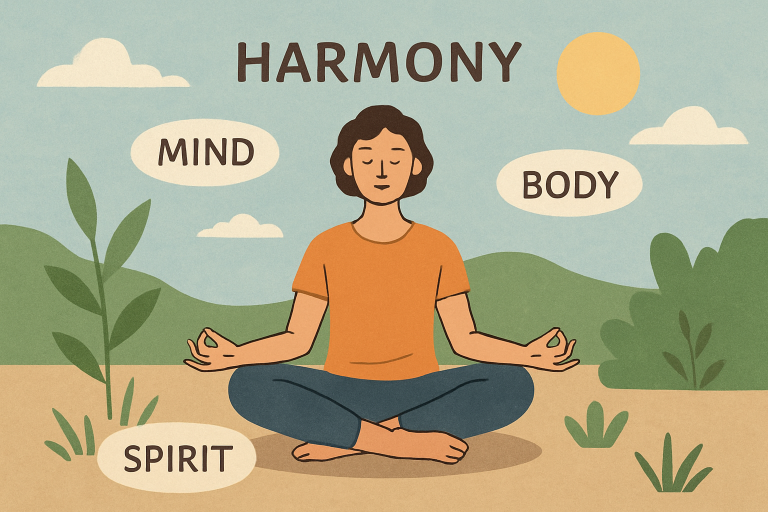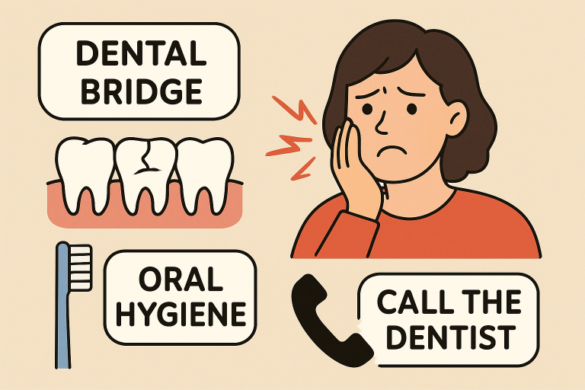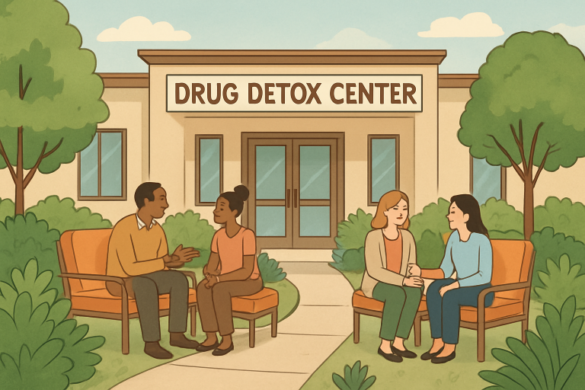Holistic addiction recovery goes beyond symptomatic treatment by addressing underlying causes and promoting whole-person wellness, providing a stronger foundation for sobriety. These practices help individuals manage cravings, build resilience, and foster self-understanding and purpose—vital for a meaningful, substance-free life. Emphasizing self-discovery and empowerment breaks addiction cycles and equips people with confidence and skills to handle challenges beyond treatment. Holistic care encourages self-investment, transforming recovery from mere survival into fulfillment and growth.
Achieving lasting recovery from addiction requires more than stopping substance use. Holistic approaches nurture the mind, body, and spirit for lasting healing. Unlike traditional care that focuses on abstinence or symptoms, holistic recovery treats root causes and promotes overall well-being. This comprehensive model is valued for addressing addiction’s complex roots and empowering recovery on all levels. For individuals seeking compassionate, integrative care options, Rehab In Egg Harbor City, NJ offers personalized programs grounded in holistic principles and evidence-based therapies tailored to individual needs.
Mind-Body Techniques
Holistic recovery programs often start by connecting the mind and body through practices like mindfulness meditation, yoga, and tai chi, which enhance self-awareness, stress management, and emotional tolerance without substances. Mindfulness anchors individuals in the present, helping interrupt cycles of rumination, fear, and worry that may lead to relapse. Yoga, focusing on breath and movement, builds strength and promotes relaxation, aiding nervous system regulation after addiction. Regular mindfulness reduces cravings by allowing nonjudgmental observation and release of urges. Sitting with cravings fosters emotional tolerance and control. Yoga and breathwork also lower anxiety and depression, which are common with addiction. Tai chi and moving meditations help those with restlessness or disconnection find peace, balance, and unity.

Physical Health
Physical health is vital for holistic addiction recovery as addiction damages the body. Recovery programs include exercise tailored to fitness levels, sleep hygiene, and nutrition. Regular movement improves circulation, repairs muscles, and removes toxins. Exercise also relieves stress, channels excess energy, and boosts self-esteem through small achievements. Proper nutrition aids in repairing damage, supports mood stability, and maintains energy. Many in recovery face vitamin deficiencies and blood sugar swings, affecting mood and sobriety. Nutrition counseling guides healthy choices like balanced meals and hydration. Physical activity releases endorphins, easing cravings and emotional swings. Sleep restoration improves memory, decision-making, and emotional regulation, which are essential for recovery.
Emotional Well-Being
Holistic recovery emphasizes emotional healing through group therapy, individual counseling, and creative modalities like art or music, encouraging self-expression and emotional processing. These safe spaces help individuals manage emotions, reducing reliance on substances. Therapies like CBT and DBT are often combined with holistic approaches for comprehensive support. Journaling and gratitude practices aid in identifying triggers, reframing negativity, and recognizing growth, fostering self-compassion and confidence. Addressing trauma and mental health issues is vital for sustained recovery, targeting root causes alongside symptoms to promote lasting peace and reduce relapse risks.
Spiritual Growth
Spiritual development in holistic recovery varies from meditation, prayer, nature, to community service. It’s about connecting with purpose and meaning beyond addiction through traditions or simple practices like mindful walking. These activities help reframe challenges, foster hope, forgiveness, and rebuild trust, supporting resilience in recovery. Even skeptics can find this aspect transformative.
Community Support
Community healing is essential in holistic addiction treatment. Connections offer accountability, lessen isolation, and foster hope. Support groups—12-step, non-12-step, or holistic—link members with peers who understand recovery’s challenges. Sharing experiences provides comfort and normalizes struggles that might otherwise seem overwhelming. Volunteering and group activities promote service, interconnectedness, and rebuilding self-worth and trust. Many find new meaning and friendships helping others through charities, sober events, or community projects. These bonds inspire responsibility beyond personal healing, helping combat the isolation of addiction.
Integrating Holistic Practices into Daily Life
Lasting recovery depends on integrating holistic principles into daily routines, like mindful movement, balanced eating, reflection, and nurturing relationships, which help build neural pathways supporting sobriety. Consistency, even in small actions, fosters stability and hope. Resources such as meditation apps or group classes improve wellness access. Staying connected with supportive communities offers encouragement and accountability. Engaging in hobbies, learning new skills, and practicing self-care create a balanced lifestyle, reducing relapse risk.
Long-Term Benefits of Holistic Treatment
Holistic addiction recovery offers long-term benefits like higher sobriety, better mental and physical health, and fewer relapses by addressing interconnected health aspects. Instead of merely surviving, graduates feel more at peace, resilient, and hopeful. This approach not only aids recovery but also empowers thriving in all life areas. By nurturing mind, body, and spirit, anyone can build a foundation for lasting health and happiness, turning struggles into growth, connection, and possibility.
Conclusion
Holistic addiction recovery goes beyond abstaining from substances, focusing on restoring balance across mind, body, spirit, and community. By integrating mindfulness, wellness, emotional healing, spiritual growth, and social support, individuals gain tools to handle challenges with resilience and purpose. These practices reduce relapse risk and foster self-awareness, stability, and renewed meaning. When adopted as a lifestyle, holistic methods turn recovery into a continual journey of growth, wellness, and fulfillment, leading to sobriety and a healthier, more hopeful life.









